
How Much Do Pro Cyclists Make in 2025? The Full Breakdown
Professional cycling isn’t just about endurance and tactics—it’s also big business. From Tour de France champions to loyal domestiques, salaries vary greatly depending on results and sponsorships. As e-bikes transform the cycling world and attract new fans, interest in how much pro cyclists make has never been higher. Let’s break down what they really earn.
Quick Answer – How Much Do Pro Cyclists Make?
Professional cyclists typically earn between €30,000 and €7 million per year, depending on their team level, race results, and sponsorships. Continental riders often make up to €40,000, while ProTeam cyclists earn between €40,000 and €200,000. WorldTour riders average €100,000–€500,000, with top stars like Tadej Pogačar and Jonas Vingegaard reaching €7 million. Most income comes from team contracts, brand deals, and endorsements, with race winnings adding extra bonuses.
Average Salaries in Professional Cycling
Continental and Development Teams
Entry-level riders on Continental and development teams typically earn between €0 and €40,000 per year. These cyclists often receive small stipends, race bonuses, or equipment support instead of full salaries. Limited sponsorship opportunities make it challenging to earn a stable income at this stage.
ProTeam (Pro Continental) Salaries
Cyclists in ProTeam or Pro Continental squads usually make €40,000 to €200,000 annually, depending on performance and team funding. Some semi-professional riders also rely on bonuses, appearance fees, or local sponsors to supplement their income.
WorldTour Cyclist Salaries
At the top of the sport, UCI WorldTour riders earn significantly more. The minimum salary is around €60,000, with average contracts ranging from €100,000 to €500,000 per year. Elite riders and Tour de France champions can command €1 million to over €7 million annually, supported by endorsements and brand partnerships.
Key Factors Influencing Pro Cyclists’ Income
The world of professional cycling is as competitive financially as it is on the road. A rider’s income depends on multiple elements that shape their overall earning potential. Here are the main factors that influence how much a pro cyclist makes:
Performance and Achievements
Winning major races, especially Grand Tours like the Tour de France, Giro d’Italia, or Vuelta a España, greatly increases a rider’s value. Stage victories, leader jerseys, and podium finishes often lead to higher salaries and performance bonuses.
Marketability and Sponsorship Appeal
A cyclist’s personal brand and online presence play a big role in their professional cycling earnings. Riders with strong fan engagement attract more endorsement deals and sponsorships, boosting overall income.
Team Role and Specialization
Leaders, sprinters, and climbers earn more than domestiques. A cyclist’s role and racing strengths directly affect salary negotiations and bonus potential.
Experience and Longevity
Experienced riders with proven results command higher salaries. However, rising stars can also secure lucrative contracts based on potential and future performance.
Gender
While efforts are being made to close the gender pay gap in cycling, male riders still tend to earn more than their female counterparts at most levels.
Team Budget and Sponsorship Deals
Cyclists on wealthier teams often enjoy better contracts, as bigger budgets and strong sponsorships allow for higher wages and performance bonuses.
Nationality and Market
A cyclist’s home market can affect their income. Riders from countries with strong cycling cultures often have more opportunities for national sponsorships and media exposure.
Contract Negotiations and Agent Representation
Skilled agents help riders secure better deals. Contract terms, signing fees, and performance clauses can significantly impact a pro cyclist’s earnings.
Economic Climate and Cycling Popularity
Sponsorship budgets often depend on the economy and public interest in cycling. Growth in e-bike popularity and sustainable transport trends can increase visibility and sponsorship opportunities for riders.
Prize Money from Major Races
Tour de France, Giro d’Italia & Vuelta a España
The Tour de France winner earns about €500,000 (£415,000), while Giro d’Italia and Vuelta a España winners take home similar prize money. However, this amount is usually shared among the entire team, including support riders. Most pros earn more from cycling contracts, sponsorships, and bonuses than from race payouts.
Other Races and Performance Bonuses
Smaller races, Classics, and stage wins also provide extra income through race bonuses and stage win earnings. These prizes, combined with performance incentives from teams and sponsors, can significantly boost a rider’s annual income.
Top 10 Highest-Paid Cyclists in 2025
The world’s top professional cyclists earn millions each year from team contracts, bonuses, and sponsorships. Here are the 10 highest-paid pro cyclists and their estimated annual salaries:
|
Rank |
Rider |
Team |
Estimated Salary (€) |
|
1 |
Tadej Pogačar |
UAE Team Emirates-XRG |
8.3 million |
|
2 |
Remco Evenepoel |
Soudal-Quickstep / Red Bull-BORA-hansgrohe |
5–6.6 million |
|
3 |
Jonas Vingegaard |
Team Visma | Lease a Bike |
5 million |
|
4 |
Mathieu van der Poel |
Alpecin-Deceuninck |
4 million |
|
5 |
Wout van Aert |
Team Visma | Lease a Bike |
4 million |
|
6 |
Primož Roglič |
Red Bull-BORA-hansgrohe |
4 million |
|
7 |
Tom Pidcock |
Q36.5 Pro Cycling Team |
2.7 million |
|
8 |
Adam Yates |
UAE Team Emirates-XRG |
2.7 million |
|
9 |
Egan Bernal |
INEOS Grenadiers |
2.5 million |
|
10 |
Carlos Rodríguez |
INEOS Grenadiers |
2.5 million |
Sponsorships and Endorsements – The Real Money Makers
Brand Partnerships and Gear Deals
For many professionals, cycling sponsorship income often surpasses their base salary. Riders earn extra through brand deals for cyclists, which include promoting bikes, apparel, and gear. These partnerships also come with bonuses tied to race exposure and media appearances, making them a key part of a cyclist’s total income.
Social Media and Personal Branding
Modern cyclists use social media platforms like YouTube and Instagram to build their personal brand and reach global audiences. Through ambassador roles, product collaborations, and digital campaigns, top riders generate additional revenue while increasing their visibility and market value.
The Role of Agents and Bonuses
In professional cycling, agents play a key role in negotiating contracts, sponsorships, and performance clauses. Most agents earn a cycling agent commission of around 5–10% from a rider’s total contract value. In addition to salaries, riders can receive pro cyclist bonuses such as signing fees, performance incentives, and appearance payments for events or media engagements. These extra earnings often make a significant difference in a cyclist’s overall income.
Summary
Professional cyclists earn widely varying salaries depending on their level, results, and marketability. From €30K entry-level earnings to €7M+ for top stars, race winnings, contracts, and sponsorships all shape their total income, highlighting the diverse landscape of how much pro cyclists make.
FAQs
How much do pro cyclists make in the UK?
Professional cyclists in the UK earn depending on their team and level. Entry-level riders can make around €30K, mid-tier ProTeam cyclists earn €40K–€200K, and WorldTour riders typically make €100K–€500K on average. Top stars earn several million euros annually, boosted by bonuses and sponsorships.
What is the highest paid cyclist?
The highest-paid cyclists can earn over €7 million per year from team contracts, race winnings, and sponsorship deals, with top stars consistently leading the rankings.
How much do Tour de France riders get paid?
Tour de France prize money varies, with the overall winner receiving around €500K. Stage wins, leader jerseys, and team bonuses add extra income, though most riders rely on contracts for the majority of their earnings.
How much do pro cyclists bike per week?
Professional cyclists typically ride between 20–30 hours per week, covering hundreds of kilometers. Training includes endurance rides, interval work, strength training, and recovery, ensuring peak performance in races and tours.
The Latest Posts
Explore isinwheel products
City E Scooter | Off-Road Scooter
Fastest Scooter | Kids Scooters




















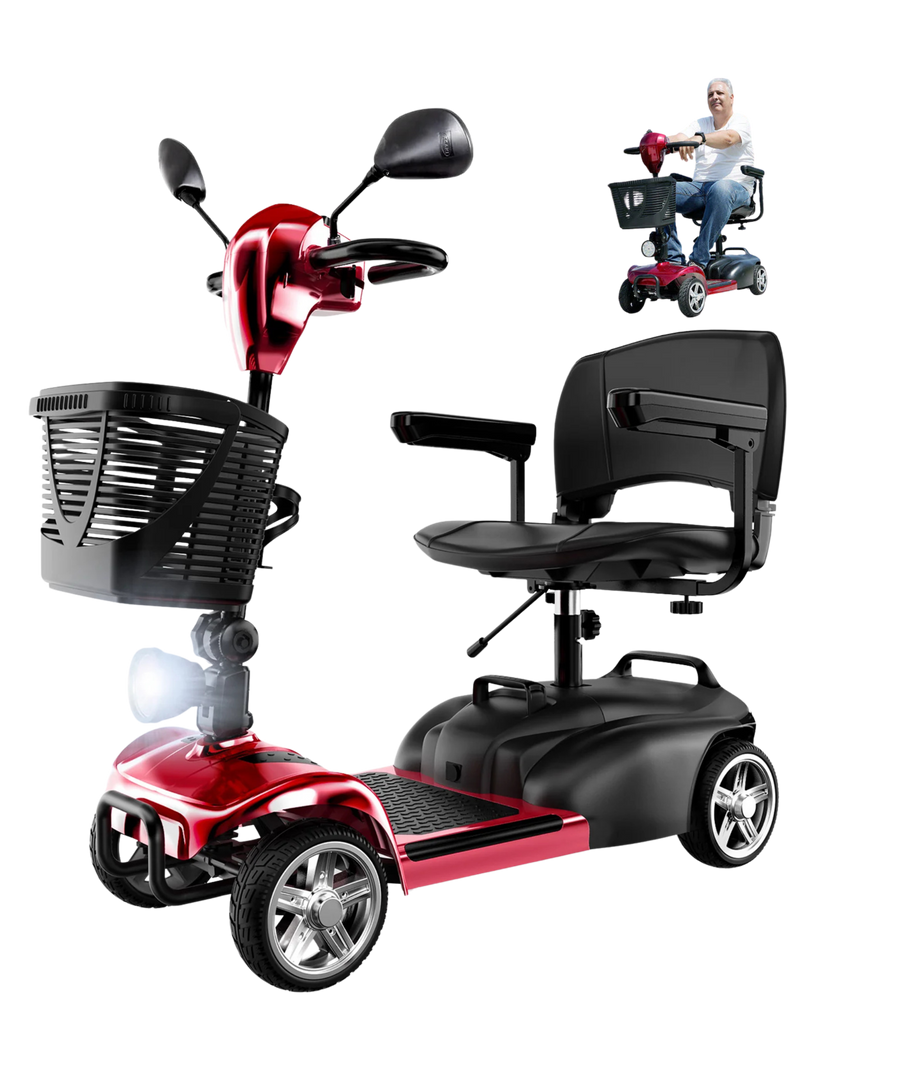

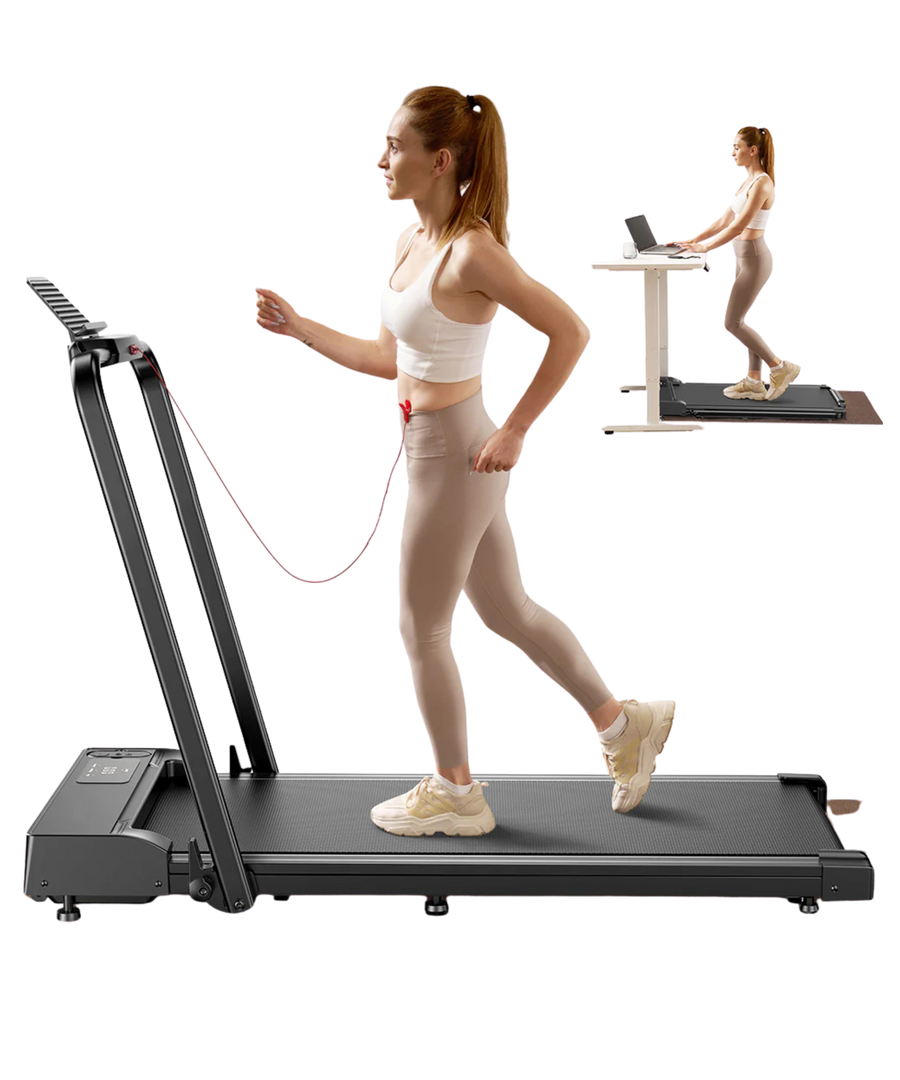





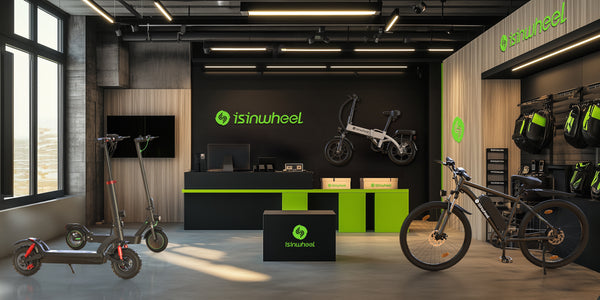
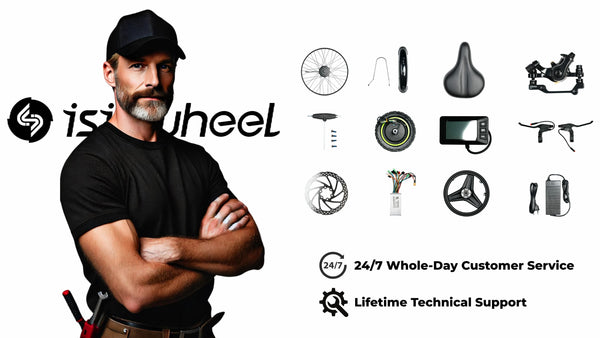

















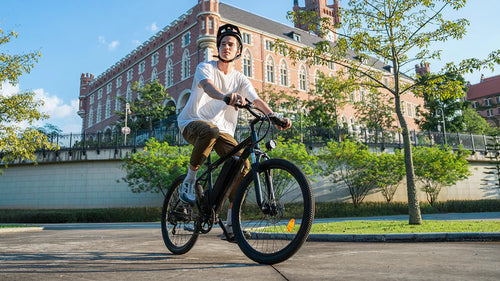
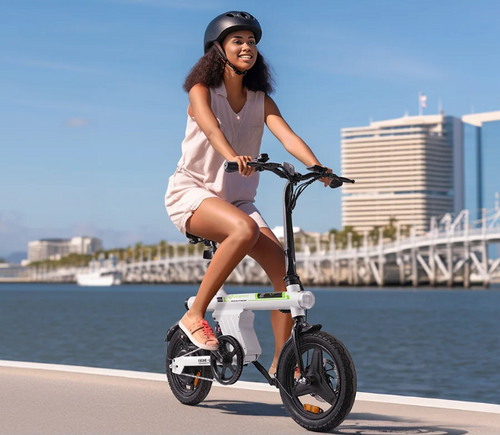
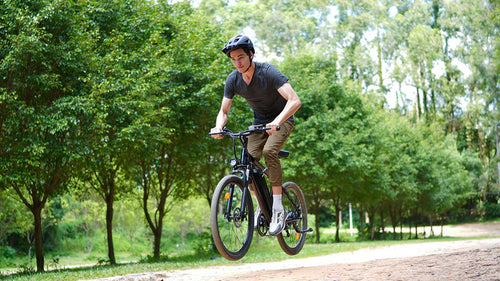
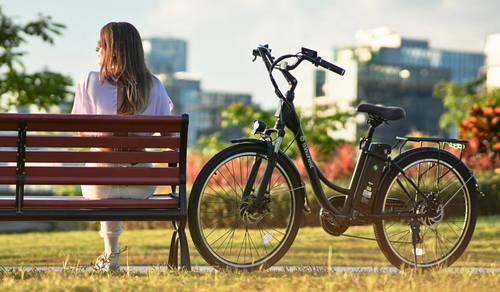
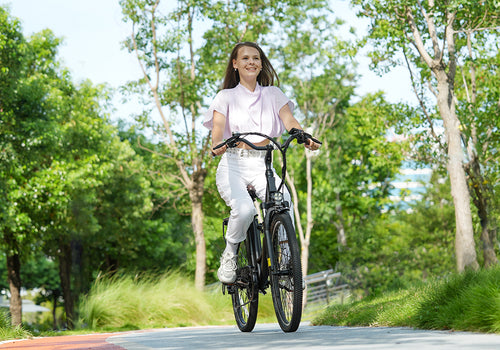
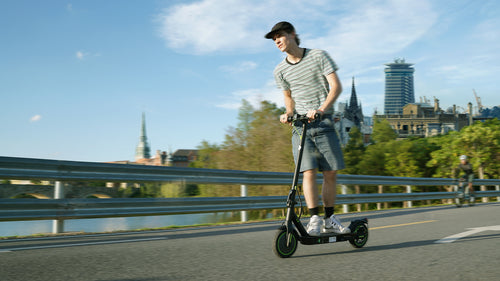

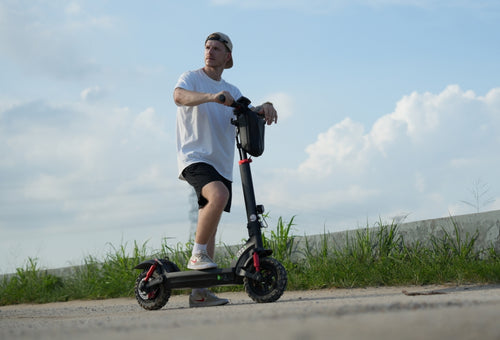
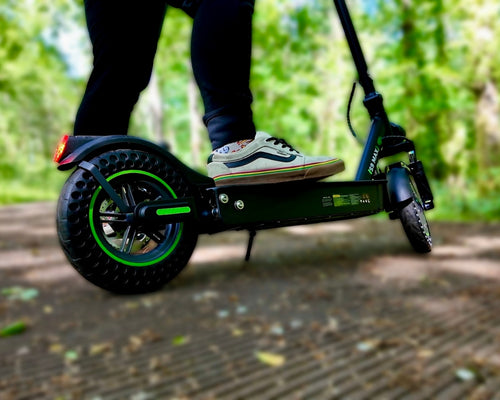
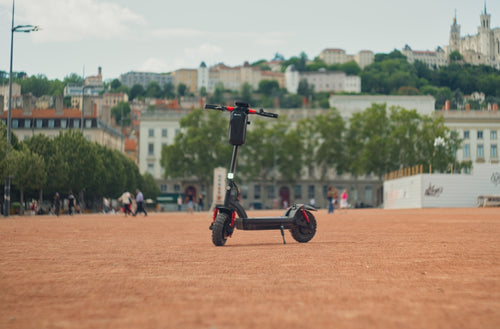
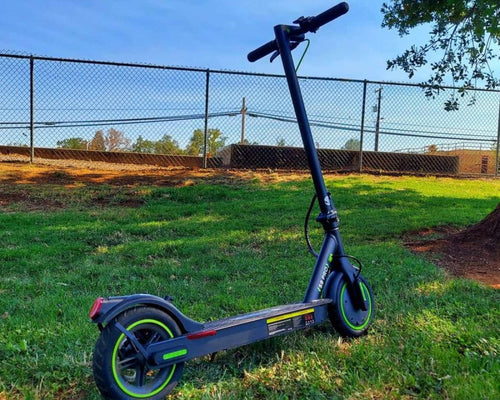





Leave a comment